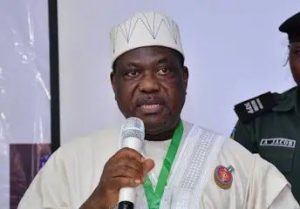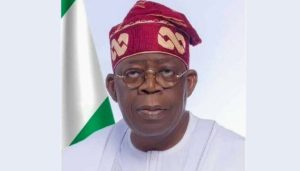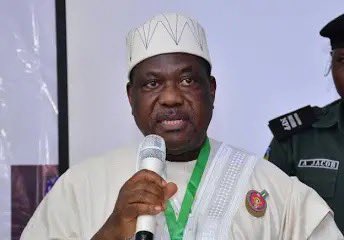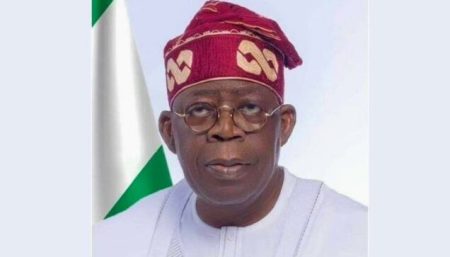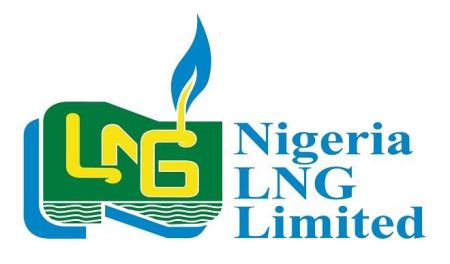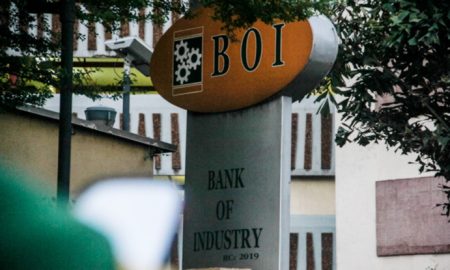The National Council on Power, Nigeria’s apex decision-making body for the electricity sector, recently concluded its 6th meeting in Maiduguri, Borno State, with a decisive resolution to implement a cost-reflective tariff structure for electricity consumption. This move is primarily aimed at mitigating the substantial financial burden of the country’s N200 billion monthly electricity subsidy. The council, comprising representatives from the Federal Government, states, private sector, and other stakeholders, acknowledged the necessity of continued subsidies for vulnerable segments of the population. However, they emphasized that such subsidies must be precisely targeted, effectively administered, and maintained at a fiscally sustainable level. This strategic shift signifies a crucial step toward achieving financial viability and long-term sustainability in the Nigerian power sector.
The adopted cost-reflective tariff structure is designed to ensure that electricity consumers pay a price that accurately reflects the actual cost of generating and distributing power. This approach aims to eliminate the current system where electricity prices are artificially suppressed through government subsidies, leading to significant financial strain on the national budget. By implementing cost-reflective tariffs, the government intends to create a more sustainable and efficient power sector, where revenues generated from electricity sales can be reinvested in infrastructure development and improved service delivery. The council also underscored the importance of shared responsibility for existing market liabilities, advocating for a comprehensive engagement process to ensure that all stakeholders, including the government, private sector operators, and consumers, contribute their fair share in addressing these financial obligations.
The decision to adopt cost-reflective tariffs aligns with the Minister of Power, Adebayo Adelabu’s, repeated warnings about the unsustainable nature of the N200 billion monthly electricity subsidy. Adelabu has previously indicated that tariff revisions would be implemented based on a banded structure, with only consumers in Band A currently paying the full cost of electricity. This suggests that consumers in other bands, who have been benefiting from subsidized electricity rates, will likely experience tariff increases as the new cost-reflective structure is implemented. The Minister’s emphasis on cost recovery highlights the government’s commitment to ensuring the financial viability of the power sector and reducing its reliance on government subsidies.
The Maiduguri meeting, themed “Consolidating Reforms for a Sustainable Energy Future in Nigeria,” witnessed the participation of over 400 delegates representing diverse stakeholders in the power sector. The council mandated the Nigerian Electricity Management Services Agency (NEMSA) to collaborate with the Nigerian Electricity Regulatory Commission (NERC) to promote increased capital expenditure in the sector. This collaboration aims to ensure that sufficient investments are made in upgrading and expanding power infrastructure, thereby enhancing the reliability and efficiency of electricity supply. Furthermore, NEMSA is tasked with engaging with the Minister of Power and NERC to facilitate the recapitalization of distribution companies (DisCos), addressing critical challenges at the transmission-distribution and distribution-utilization interfaces to improve grid stability.
Addressing the pressing issues of grid reliability and market transformation, the council directed the Nigerian Bulk Electricity Trading Plc (NBET) to actively engage with stakeholders, particularly at the sub-national level. This engagement aims to review and refine NBET’s submission regarding its evolving role in the power market. By fostering open communication and collaboration among stakeholders, the council aims to ensure a smooth transition to a more efficient and transparent market structure. Furthermore, the council acknowledged an existing renewable energy and energy efficiency policy driven by the Ministry of Power and stressed the importance of sharing this policy with relevant ministries and agencies, including the Ministry of Petroleum Resources (Gas), the Ministry of Environment, and the National Council on Climate Change, to ensure coordinated implementation and avoid policy conflicts.
Several infrastructure development projects were also addressed during the meeting. Recognizing the need to bolster power supply to the North-East region, the council endorsed the construction of additional double-circuit 330/132kV transmission lines. This investment in transmission infrastructure aims to alleviate power shortages and improve the reliability of electricity supply in the region. Regarding the request by Borno State for solar mini-grids for rural electrification, the council advised the state government to partner with the Rural Electrification Agency to leverage available funding for solar mini-grid development. The council also encouraged other states to develop embedded generation networks to enhance power supply within their respective territories. Addressing the issue of security for power infrastructure, the council emphasized the need for sub-national governments to implement comprehensive strategies involving multiple agencies and stakeholders to safeguard critical power assets from vandalism and sabotage. Finally, the council acknowledged the ongoing litigation surrounding the Mambilla Hydropower Project, a crucial project for boosting Nigeria’s power generation capacity, indicating that its progress remains hampered by legal challenges. The outcomes of the council’s deliberations underscore the government’s commitment to tackling the complex challenges facing the power sector and paving the way for a more sustainable and efficient electricity future for Nigeria.


